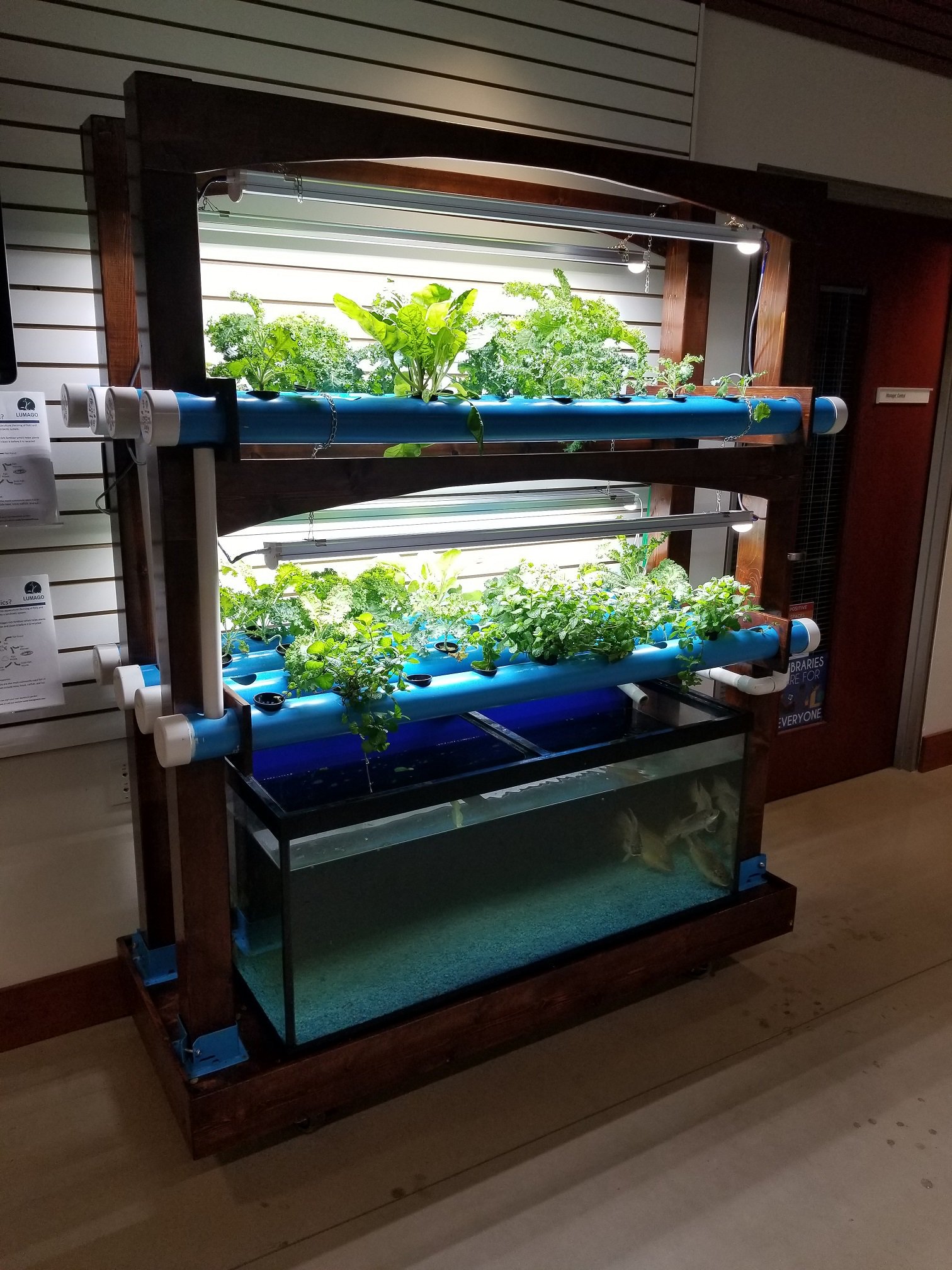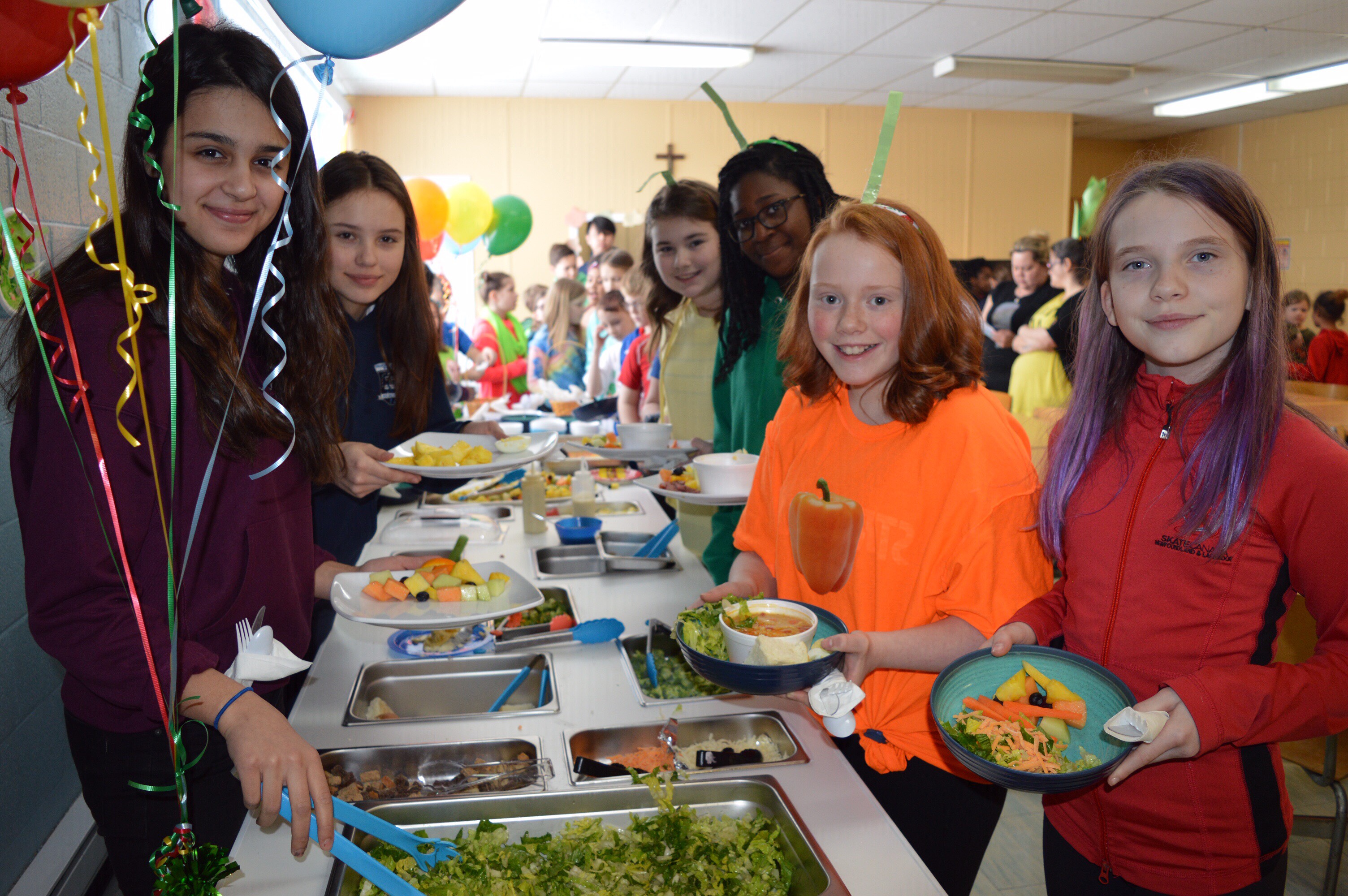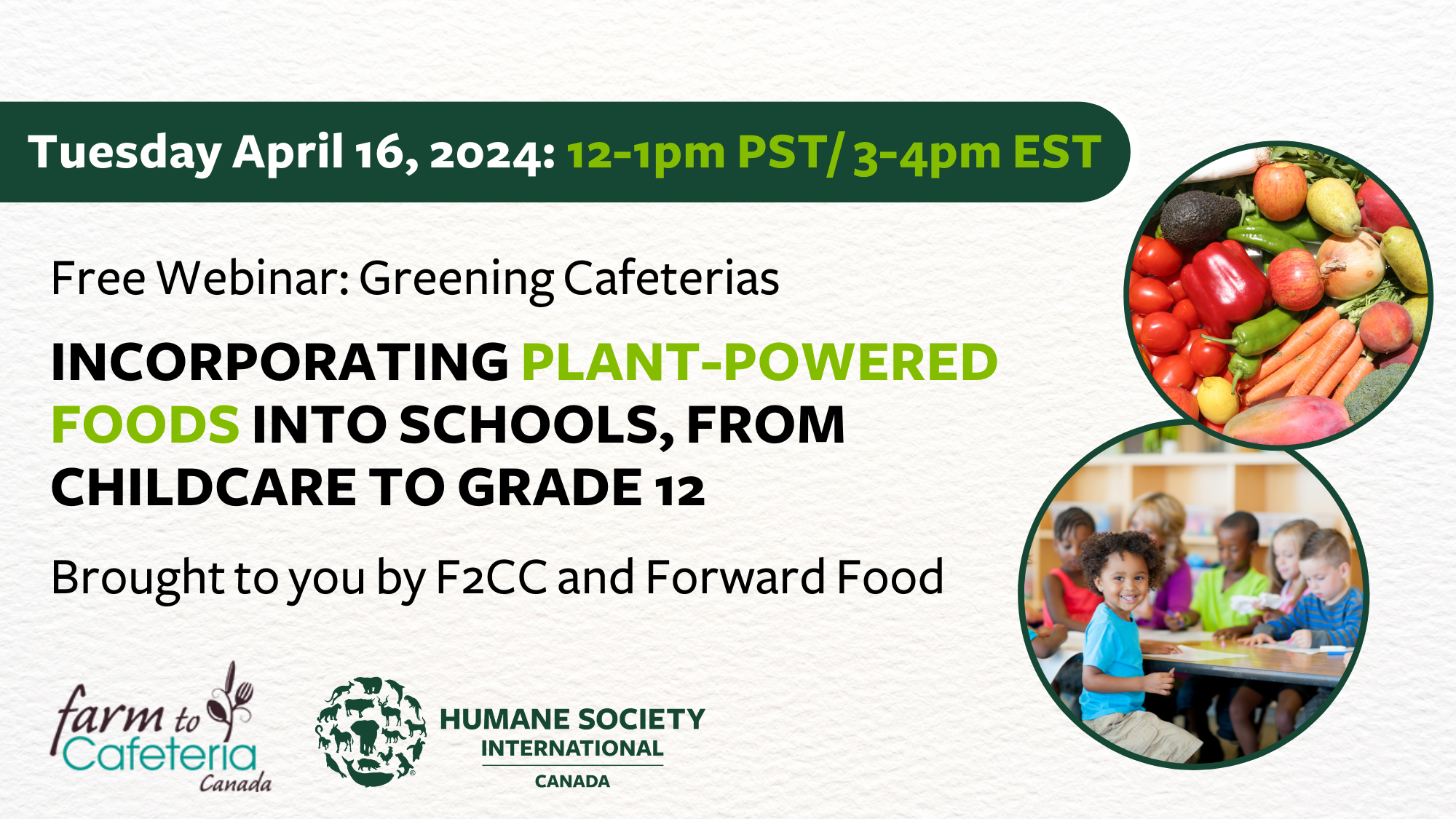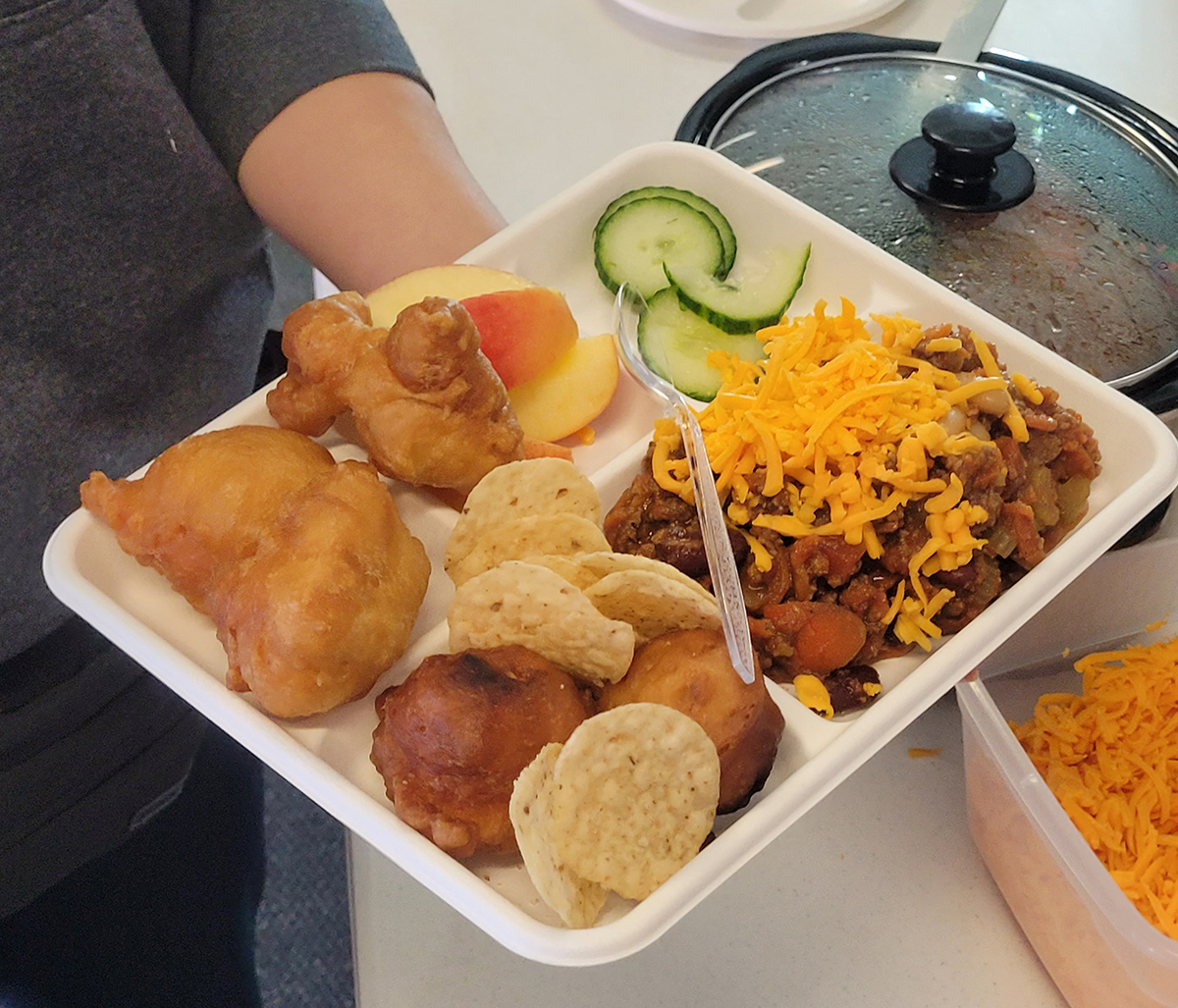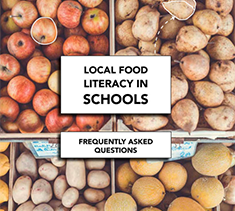
Photo: Burlington Public Library, “Edible Library”
In December 2017 Sustain Ontario released its Local Food Literacy in Schools: Frequently Asked Questions Guide to share ideas and useful resources with school champions who are bringing local food literacy into their classrooms. Since the release of the guide we have shared each of the 10 FAQs as a separate blog post with additional links and stories (including many Farm to School stories!), and generated discussion on twitter: visit #LocalFoodLiteracy to be a part of these conversations.
Access our 10 Q&A Local Food Literacy lessons filled with tips & resources at:
- How do I get my students excited and engaged?
- How can I make local food literacy with my school garden manageable?
- How can my school get started on shifting its whole school food culture?
- Are there example cafeterias using local foods in their menus?
- How can I source locally grown foods for my school?
- How do I help my students navigate a grocery store, including how to buy local and shop cost effectively?
- How can I set up a trip to a farm that has an educational component?
- What can I do to reduce the risks and fears around food that we grow or get direct from farmers?
- How can I deal with the mismatch between the growing season and the school year?
- How can I find good quality lesson plans and resources?
2016/17 Local Food Literacy Webinar and Tipsheet series:
Those interested in Farm to School and Local Food Literacy might also be interested in our 2016/17 Local Food Literacy webinar and Tipsheet series:
Webinar #1: Teaching Local Food Literacy: This webinar provided tangible lessons for how to bring local food literacy education into your classroom. View the Webinar recording and access the slides online.
Webinar #2: Eating for Local Food Literacy: This webinar focused on how to use school meals (including cafeteria lunches, hospitality classes, and your school’s Student Nutrition Program / breakfast program) to enable local food literacy education. This webinar also included case studies of schools in Ontario that are using more local foods in their menus as well as meal programs that are involving local food education in their mandate. View the Webinar recording and access the slides online.
Webinar #3: Cooking Up Local Food Literacy: This webinar focused on how to teach local food literacy while engaging your students in preparing food in various school settings. It included information about how and where to access local food. View the Webinar recording and access the slides online.
Webinar #4: Growing Local Food Literacy: This webinar focused on how to teach local food literacy using your school garden. View the Webinar recording and access the slides online.
Webinar # 5: Embracing Local Food Literacy: Shifting your School Food Culture: This webinar focused on how schools can shift their school culture to better enable students to adopt a love of good, healthy and local food. It included many aspects of the school food environment to consider including gaining whole-community buy-in, ensuring that school food offerings and local food literacy efforts align, and exploring alternative fundraising models. View the Webinar recording and access the slides online.
All of this work was developed as a partnership between Sustain Ontario, Ecosource, FoodShare and Roots to Harvest thanks to support from the Greenbelt Fund.



